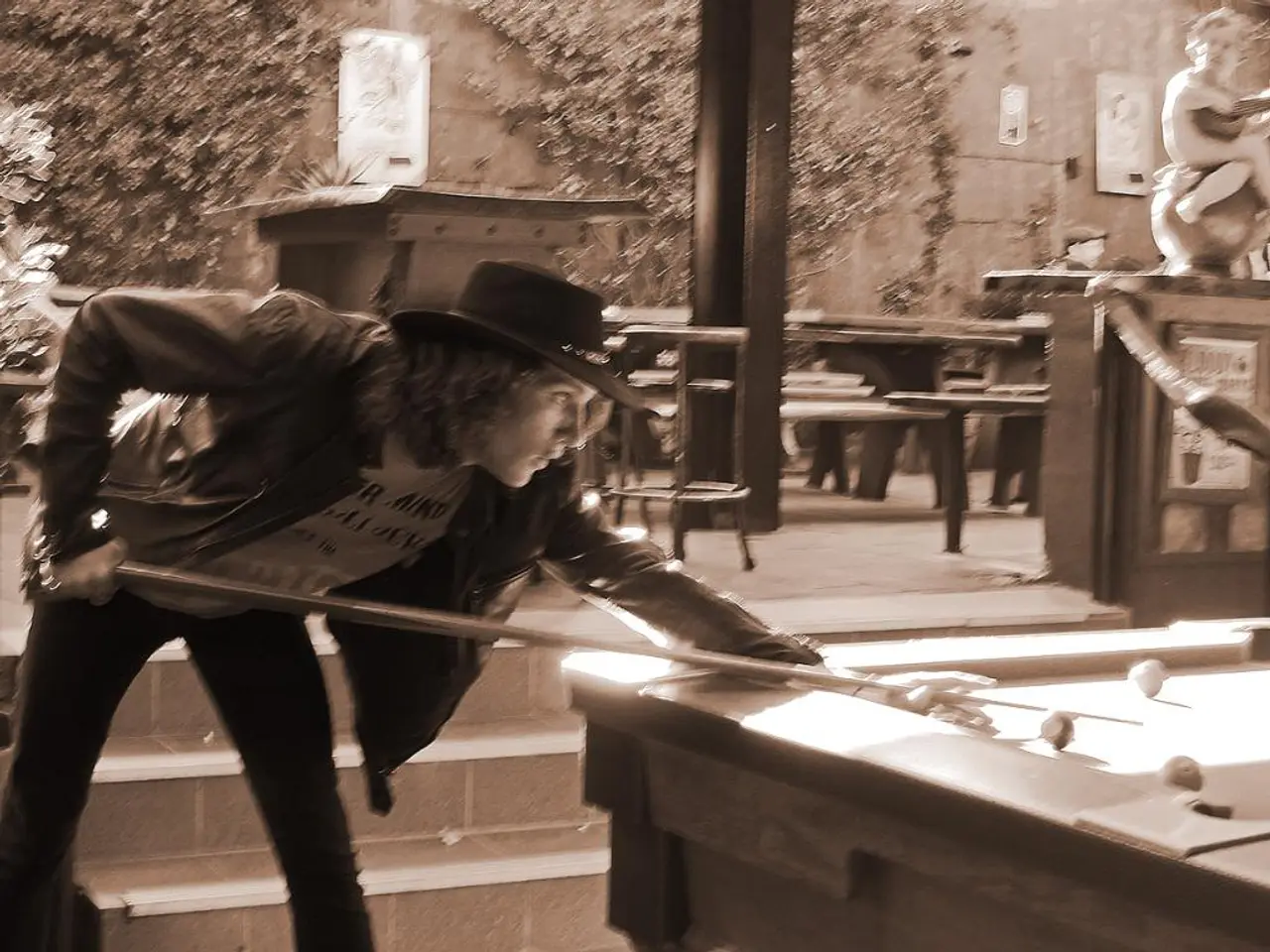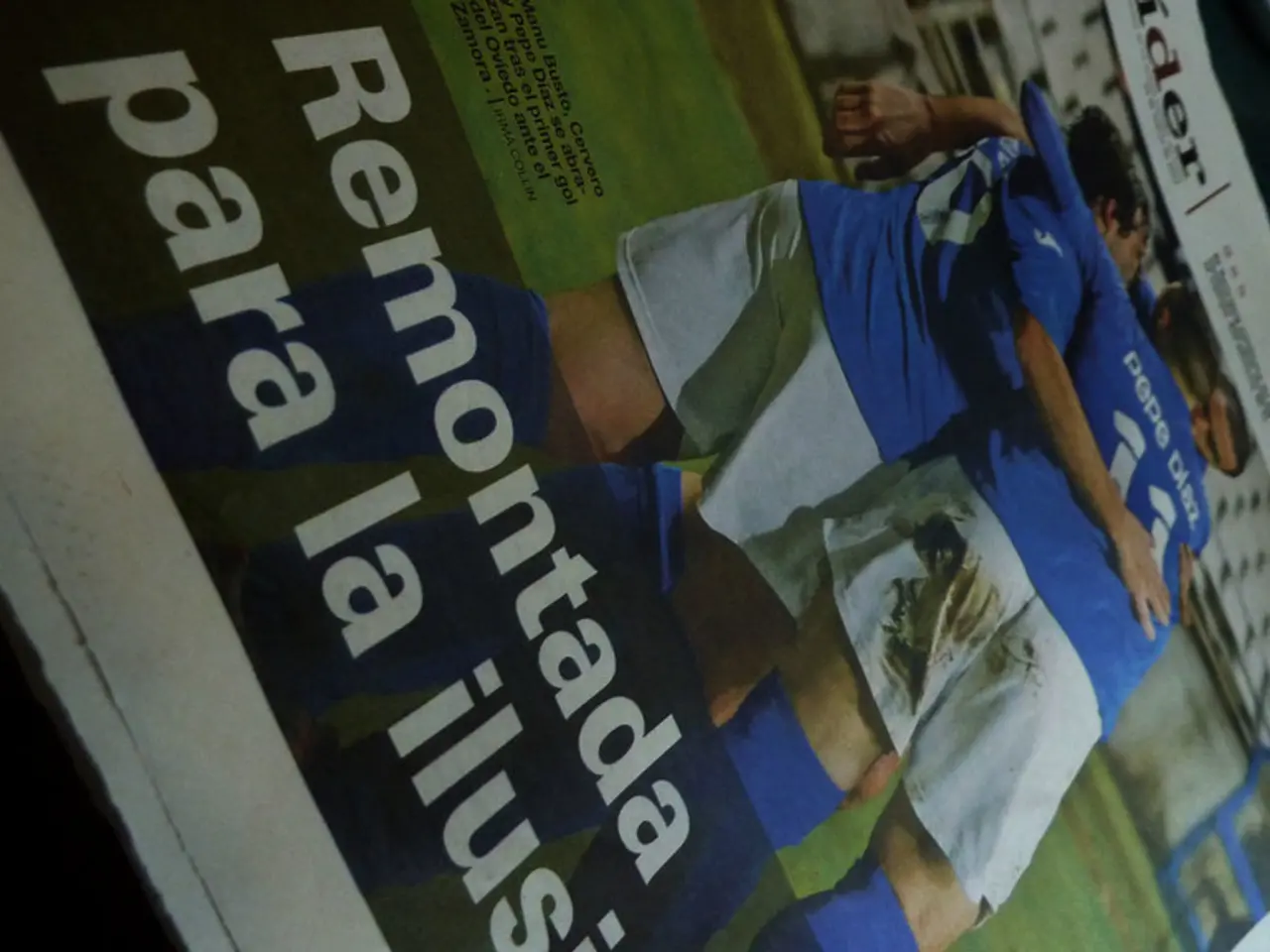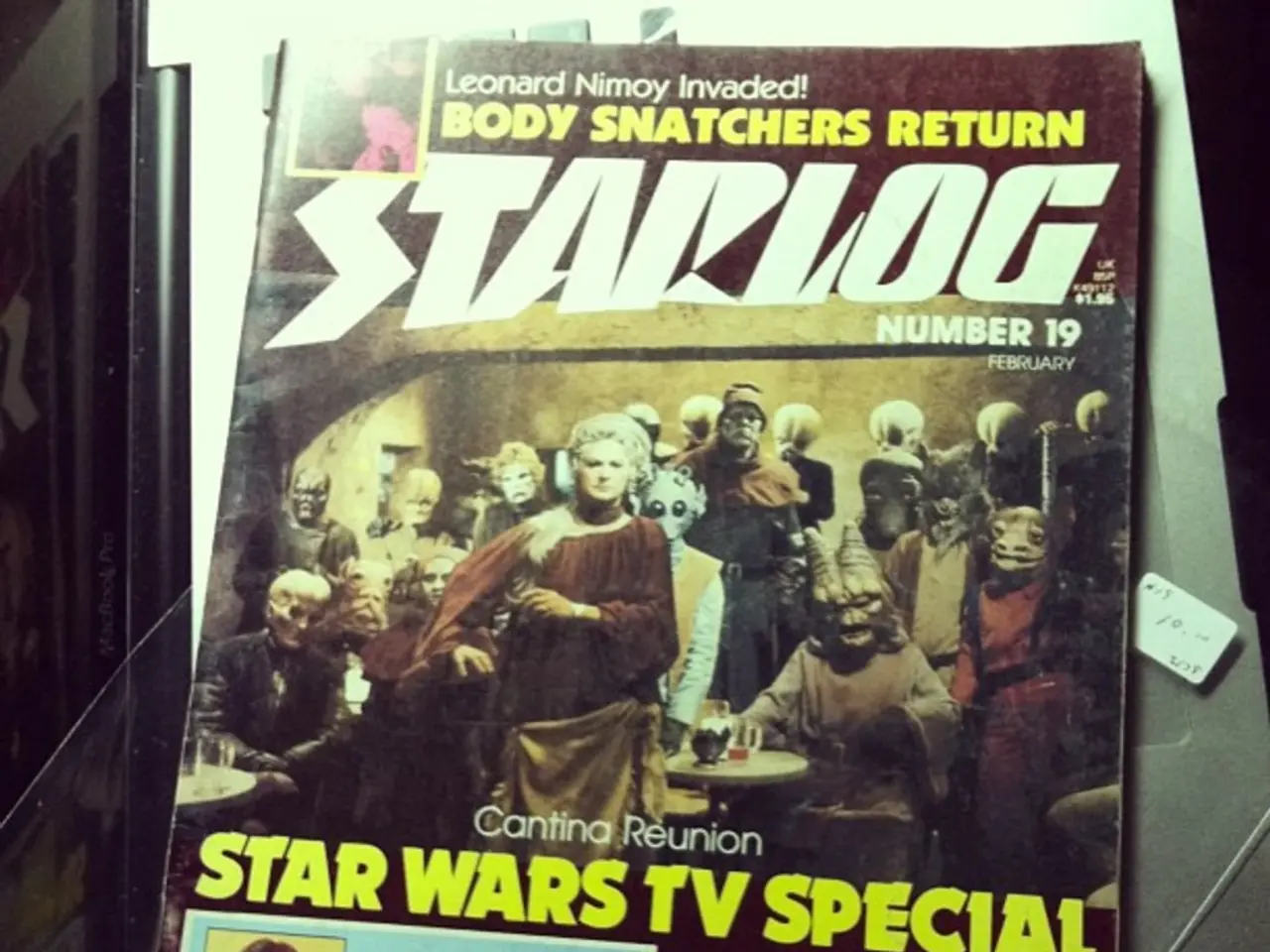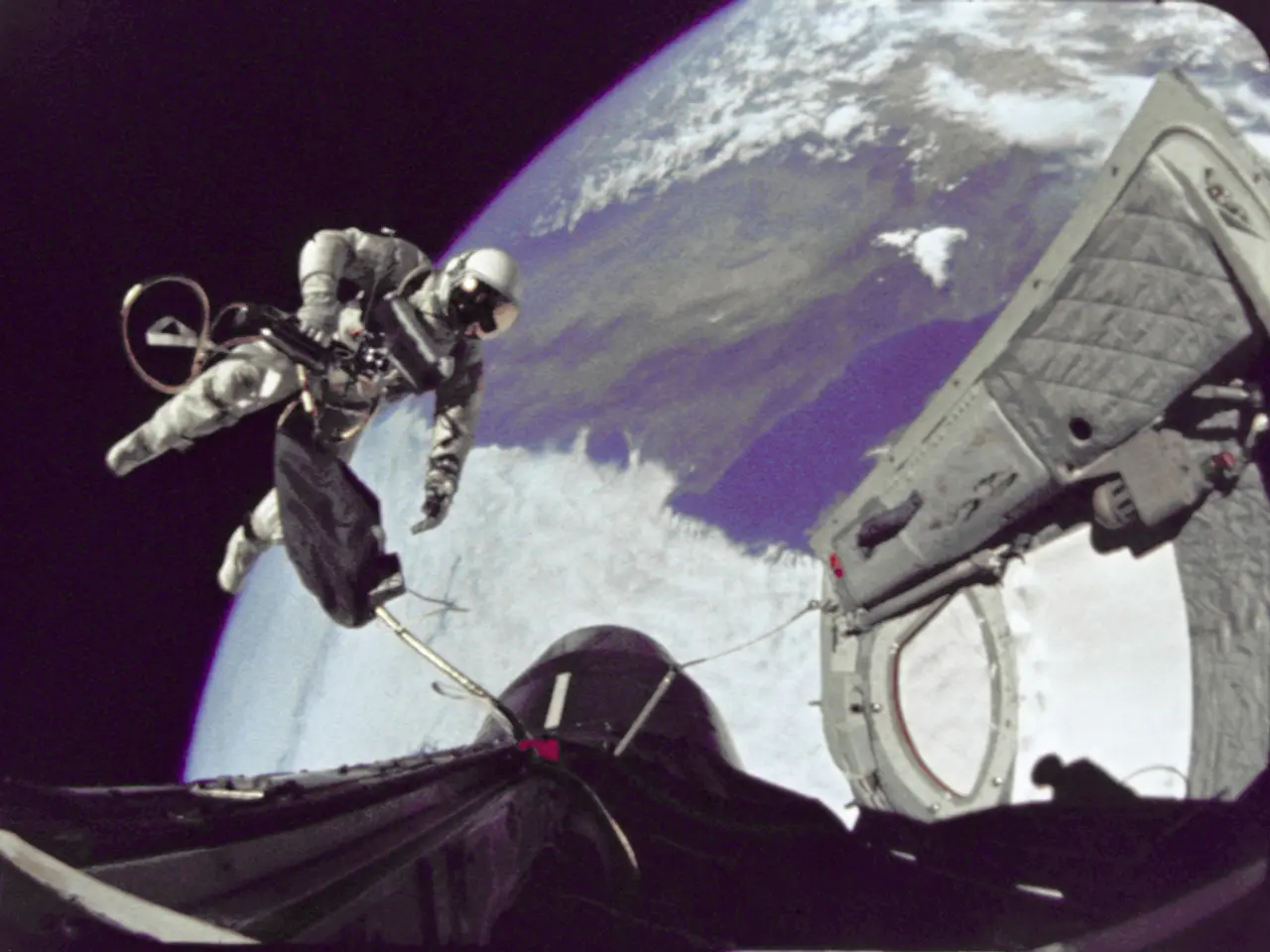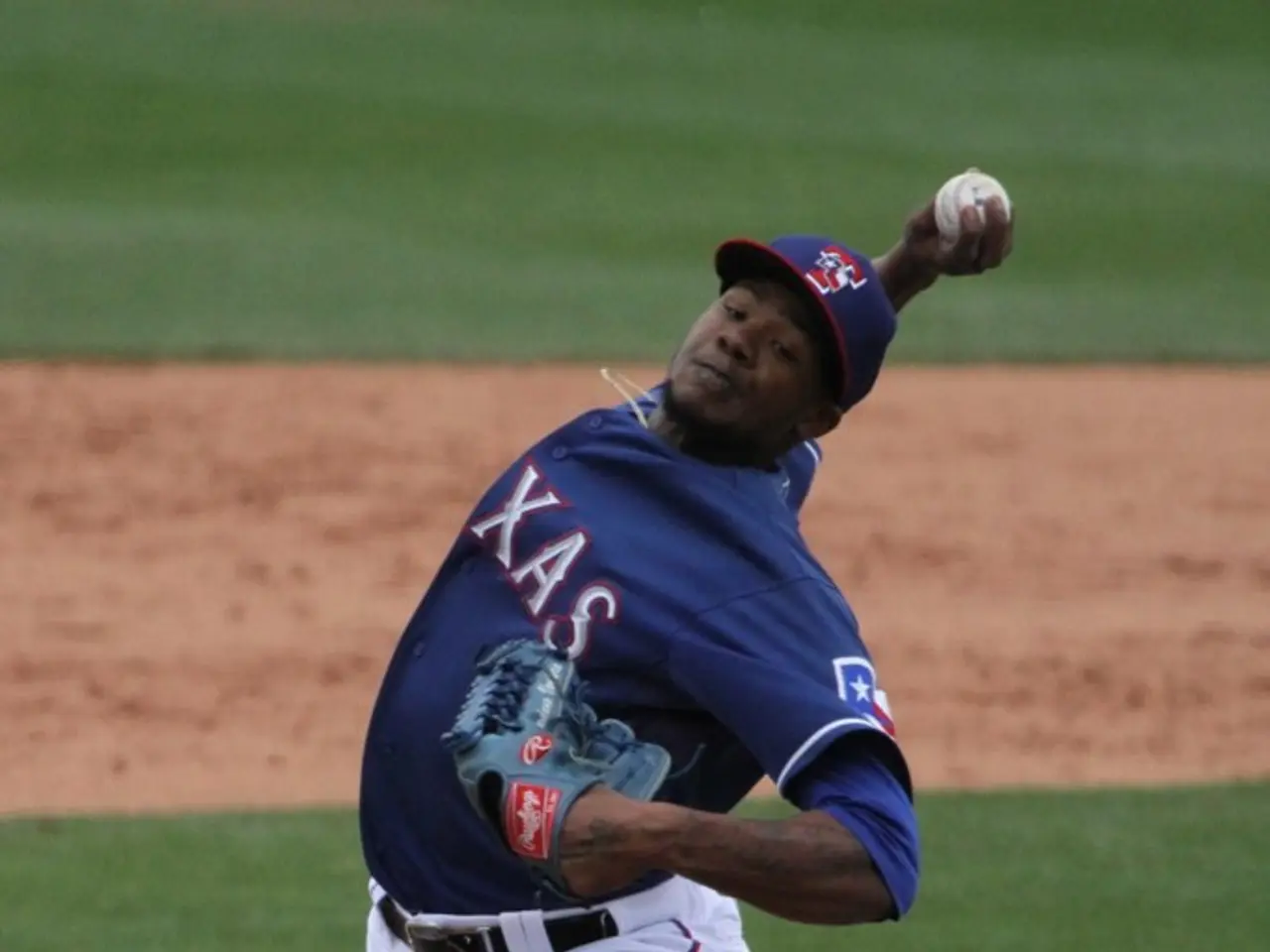Unveiling the Enigma Behind Monopoly's Mascot: Shocking Details That Will Amaze You!
Rich Uncle Pennybags, the iconic mascot of the popular board game Monopoly, has transcended the confines of game night, becoming a familiar face in pop culture. From geek conventions to Congressional hearings, the character has been a symbol of wealth, greed, and corporate power.
The misconception about Rich Uncle Pennybags wearing a monocle has been reinforced by pop-culture references like Jim Carrey's film "Ace Ventura: When Nature Calls" and shows such as "Family Guy." However, this is a result of the Mandela Effect, a phenomenon where groups of people share a mistaken recollection about a widely recognized figure or detail. Despite widespread belief and vivid memories of the Monopoly Man with a monocle, the official character design has never included that feature.
At geek conventions like Comic-Con, fans wear humorous t-shirts showing mashups between Mr. Monopoly graphics mixed cleverly with anime references. Digital collectibles such as NFTs of special artwork depicting him would match current gaming culture. In modern times, activists have dressed up as the Monopoly Man during Congressional hearings to protest corporate greed.
In 1936, Rich Uncle Pennybags was first introduced on Chance and Community Chest cards for the Parker Brothers' game. Since then, he has undergone several transformations, from line art sketches to 3D graphics. Along with high-tech upgrades, we might see limited-edition outfits or collaborations featuring famous video game characters and franchises beloved by geeks everywhere.
Brands often mimic Rich Uncle Pennybags' look to attract customers, with similar characters popping up on lottery ads or banks trying to seem friendly yet prosperous. Forbes ranked Mr. Monopoly sixth richest fictional character in 2006 due to his lasting influence on branding symbols related to wealth.
In various TV shows and viral videos, Mr. Monopoly represents greed or wealth humorously tied into current events. In "Robot Chicken," for instance, he is portrayed as a villain wanting to control the board game universe. Internet memes use Mr. Monopoly as shorthand for financial themes such as taxes or investing, making branding simple through widely shared images online.
In 2025, expect the Monopoly Man to embrace digital trends and popular tech, appearing in online versions of the game, apps for mobile phones, or virtual reality formats. Hasbro could feature Mr. Monopoly as a host guiding players who want to learn how to buy houses in Monopoly online.
From his origins as a board game character to his current status as a pop culture icon, Rich Uncle Pennybags continues to captivate audiences worldwide. His enduring popularity is a testament to the power of simple, timeless designs and the universal appeal of wealth and money management.
References:
- The Monopoly Man's Missing Monocle: A Mandela Effect Mystery
- The Mandela Effect: A Journey Through the Memory Hole
- The Mandela Effect: A Surreal Look at a Pervasive Phenomenon
- The Mandela Effect: A Psychological Perspective
- The Mandela Effect: A Cultural Phenomenon Explained
The misconception regarding Rich Uncle Pennybags' monocle persists in pop-culture, influenced by film and TV like "Ace Ventura: When Nature Calls" and "Family Guy." Remarkably, this misconception is a result of the Mandela Effect.
Despite the widespread belief that Rich Uncle Pennybags always wore a monocle, his official character design has never included that feature, debunking the Mandela Effect.
